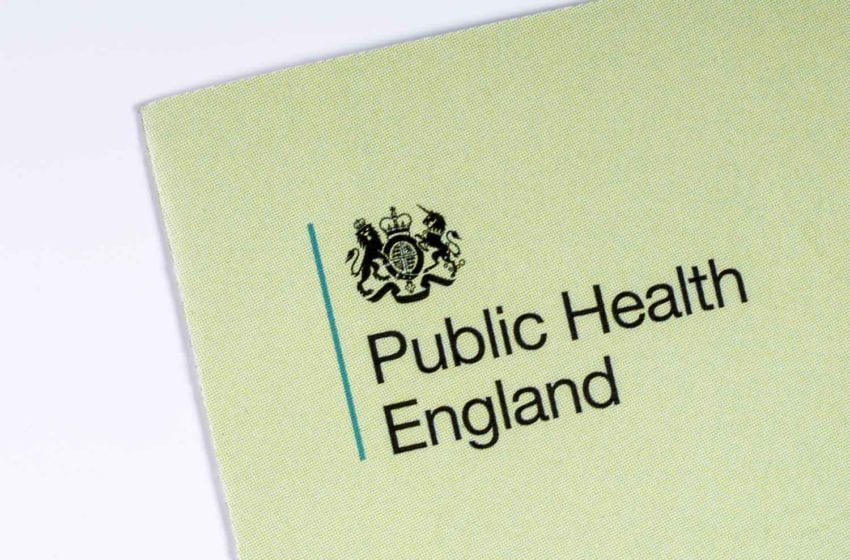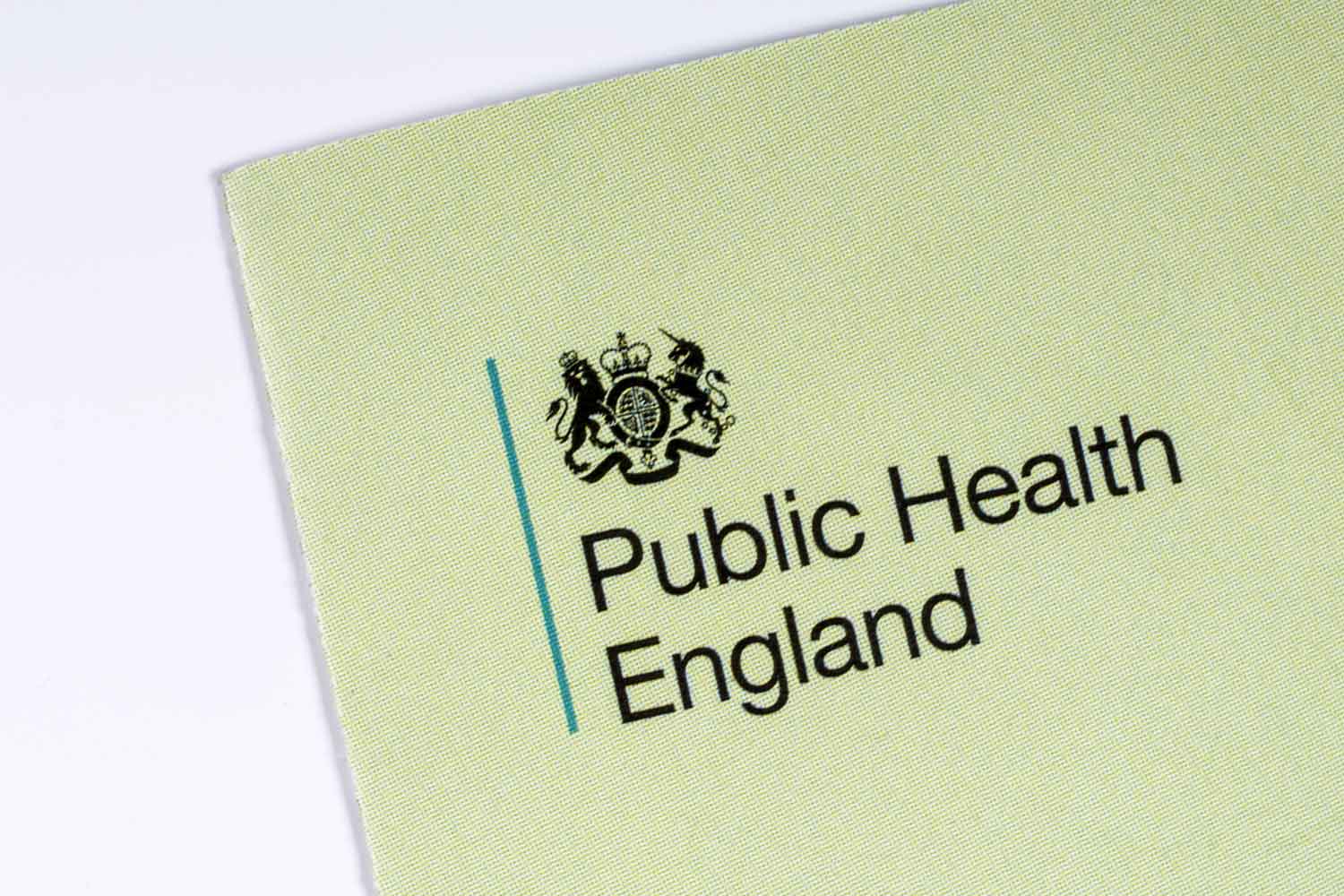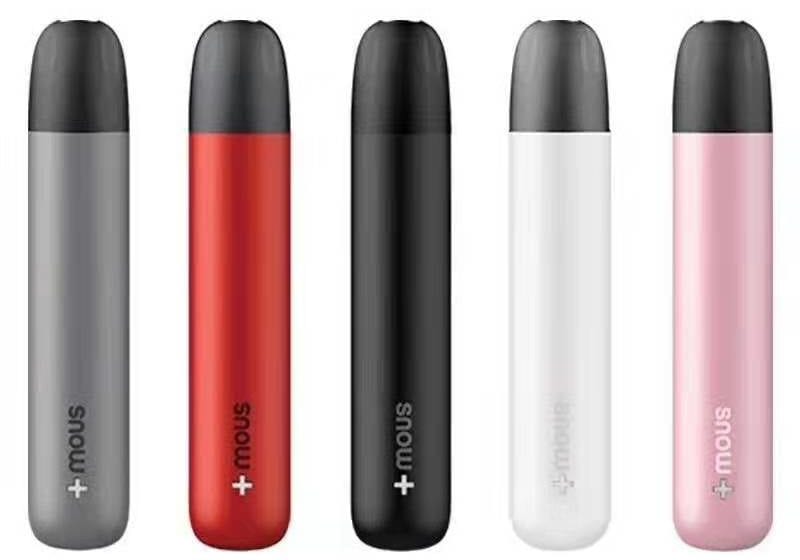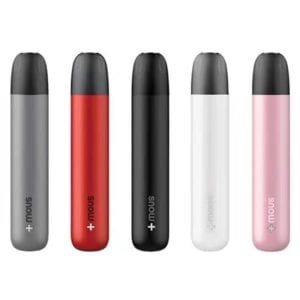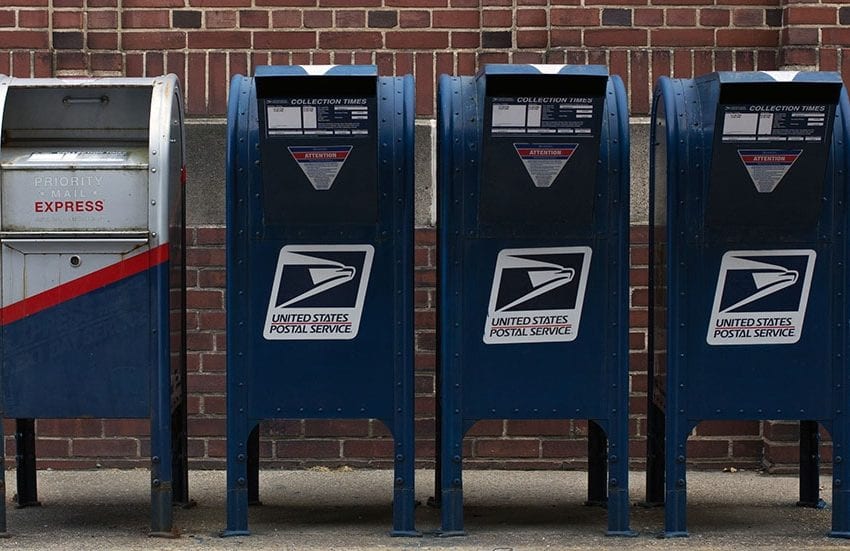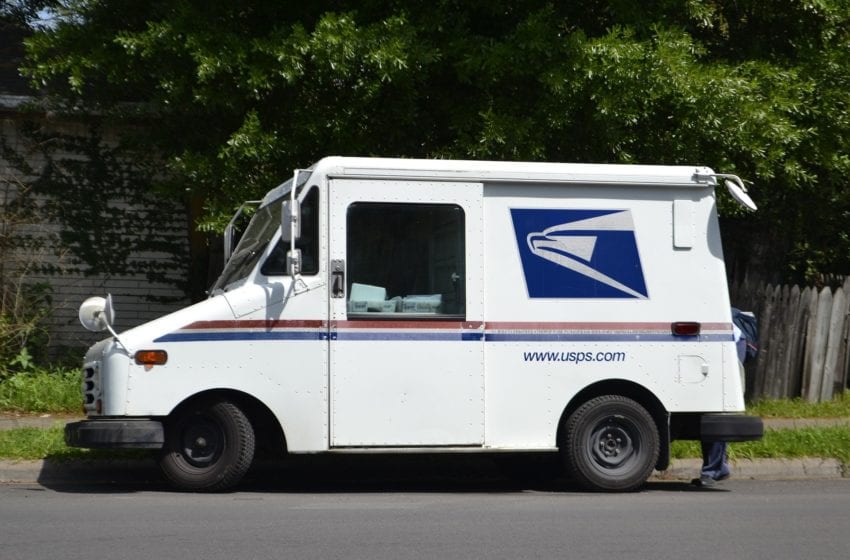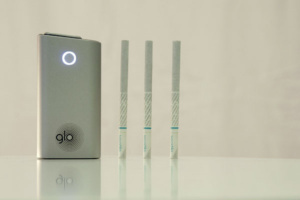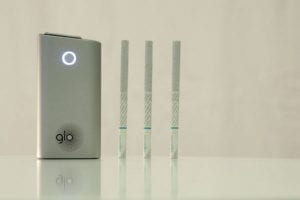A Canadian vapor trade group extended an open invitation to Nova Scotia’s new government. The Canadian Vaping Association (CVA) letter to Premier Iain Rankin and 16 cabinet ministers stated that the organization wants to “work with industry to repair the destructive vaping legislation implemented by the previous administration.”

The Canadian province’s current legislation prohibits all flavored vaping products excluding tobacco and has a .50 cent per/ml tax. The policies have resulted in a drastic increase in traditional cigarette sales, as confirmed by the Atlantic Convenience Store Association and Abacus Data finding 30 percent of adult vapers are at risk of returning to smoking, according to the letter.
“Vaping has conclusively shown to be less harmful than smoking, and as such, vaping regulation must balance adult smokers’ constitutional right to life, liberty, and the security of the person with youth protection. In acting to protect youth, Nova Scotia has overcorrected to the detriment of public health,” the letter states.
The flavor ban has resulted in the closure of over 85 percent of Nova Scotia’s specialty vape retailers, job losses and broken lease agreements. The regulation has also strengthened illicit marketing of the products.
“The CVA has developed solutions to balancing youth use with adult harm reduction that have been successful within Ontario and British Columbia,” said Darryl Tempest, executive director of the CVA. “We continue to work to seek solutions to prevent use with youth and never smokers. The CVA asks for the opportunity to meet with the new administration to discuss solutions and present the science.”


